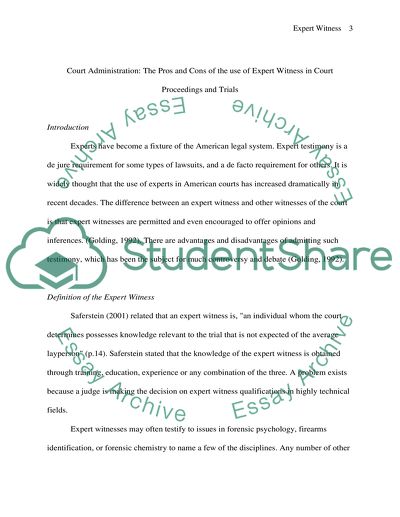Cite this document
(“Use of Expert Witness in Court Procedings and Trial Research Paper”, n.d.)
Use of Expert Witness in Court Procedings and Trial Research Paper. Retrieved from https://studentshare.org/law/1432079-court-administration-the-pros-and-cons-of-the-use
Use of Expert Witness in Court Procedings and Trial Research Paper. Retrieved from https://studentshare.org/law/1432079-court-administration-the-pros-and-cons-of-the-use
(Use of Expert Witness in Court Procedings and Trial Research Paper)
Use of Expert Witness in Court Procedings and Trial Research Paper. https://studentshare.org/law/1432079-court-administration-the-pros-and-cons-of-the-use.
Use of Expert Witness in Court Procedings and Trial Research Paper. https://studentshare.org/law/1432079-court-administration-the-pros-and-cons-of-the-use.
“Use of Expert Witness in Court Procedings and Trial Research Paper”, n.d. https://studentshare.org/law/1432079-court-administration-the-pros-and-cons-of-the-use.


